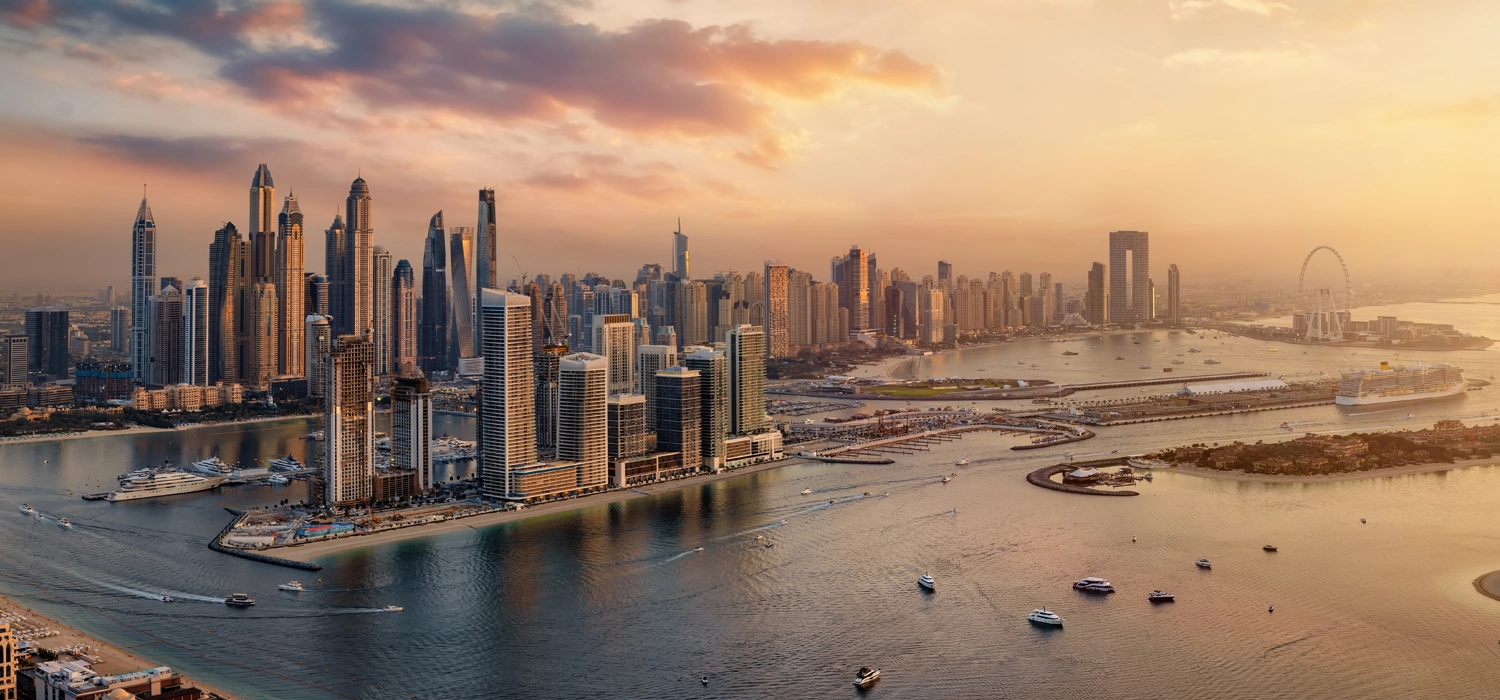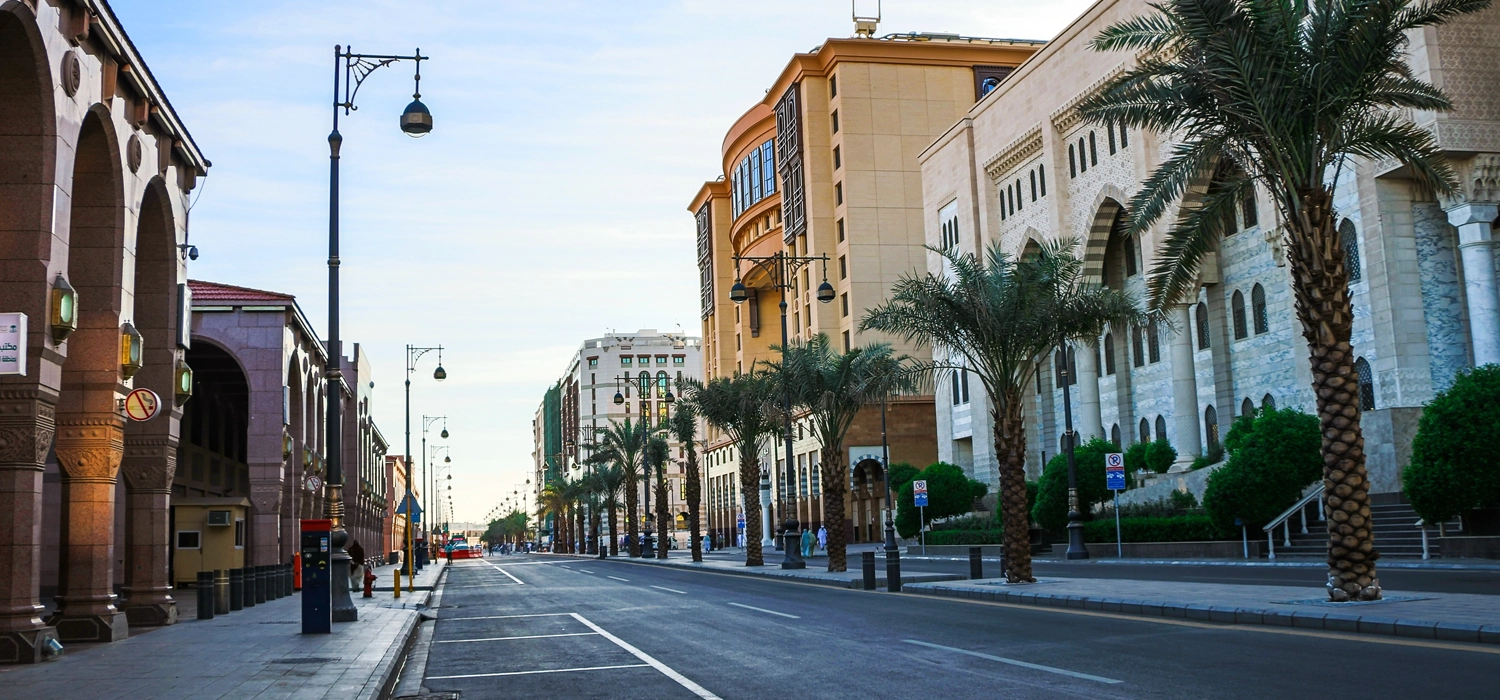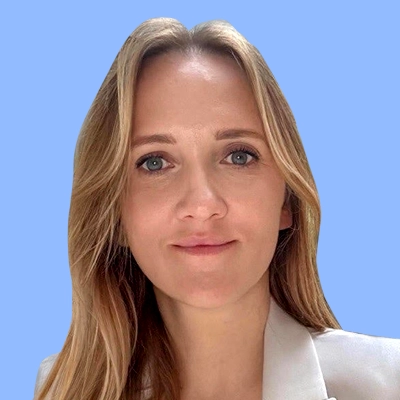In recent years, more mid- and senior-level professionals have been exploring jobs in the Gulf. Some are drawn by tax-free salaries, others by the region’s fast-paced transformation. Many sense a global shift — something big is happening here, and they don’t want to be left behind.

They’re right. The Gulf job market is booming. But the key question isn’t “Is the Gulf growing?” — it is. The real question is: “Is it the right market for you, and are you ready for how it really works?”
This guide breaks down the Gulf’s economic momentum, in-demand sectors, salaries, cultural nuances, and proven strategies to land a job in the Gulf as a foreign professional.
Why the Gulf, Why Now
The Gulf is no longer a “future prospect” — it’s a present-day transformation. Countries here are actively shaping post-oil economies, and two major players lead the charge: Saudi Arabia and the United Arab Emirates (UAE).

UAE: A Hub for Innovation, Talent, and Global Capital
The UAE is a global centre for finance, technology, and high-growth industries. Oil now accounts for less than 20% of exports — clear evidence of economic diversification.
- Free zones like DIFC (Dubai International Financial Centre) and ADGM (Abu Dhabi Global Market) attract multinational companies with investor-friendly regulations.
- The economy spans tech, finance, tourism, healthcare, and logistics, supported by world-class infrastructure.
- GDP growth is projected to rise from 4.5% in 2024 to 5.6% in 2025, ahead of global averages.
Dubai and Abu Dhabi are also ranked among the world’s top expat destinations, with over 80% of their populations being foreign nationals.
Saudi Arabia: Vision 2030 and Giga-Projects
Saudi Arabia’s Vision 2030 aims to diversify the economy and create new industries in tourism, manufacturing, logistics, and services.
- Mega-projects like NEOM, Red Sea, Qiddiya, and Diriyah represent multibillion-dollar investments in smart cities and sustainability.
- The non-oil sector already contributes over SAR 400 billion annually.
- Global companies are incentivised to relocate regional headquarters to Riyadh.
- Equity markets in the Gulf are expected to yield 12–13% returns in 2025.
Other Gulf Countries Making Strides
- Qatar: Building on its World Cup legacy to expand education, sports, and innovation.
- Oman: Positioning itself as an industrial and logistics hub.
- Bahrain: Growing rapidly in fintech and financial services.
- Kuwait: Increasing investment in healthcare reform and education.

Who’s in Demand and Why Track Record Matters
The Gulf rewards results-driven professionals. Titles alone won’t get you hired — employers want proof of delivery.
They seek candidates who:
- Execute complex projects from planning to completion.
- Deliver measurable results in diverse, multicultural environments.
Bring deep, sector-specific expertise, not just general management skills.
GCC’s dynamic, tradition-rich markets. Those who excel blend cognitive and behavioral flexibility to build authentic relationships across diverse teams. High Cultural Intelligence (CQ) isn’t just an asset—it’s the key to unlocking true leadership impact.
Marina Sushentseva
Career consultant | Career in the Middle East| Book a 30 min call with Marina
Key Sectors for Jobs in the Gulf
- Technology & Digital: AI, cybersecurity, data science, cloud engineering, product leaders.
- Engineering & Infrastructure: Civil, mechanical, mobility, and smart city specialists.
- Renewable Energy: Solar, wind, hydrogen, nuclear.
- Finance & Risk: CFOs, portfolio managers, risk directors.
- Supply Chain & Logistics: Port operations, industrial zone leaders, transformation managers.
- Healthcare: Doctors, nurses, hospital administrators, public health specialists.
Marketing & E-commerce: Heads of digital marketing, performance leads.
Consulting & Advisory Roles in High Demand
- Public sector reform aligned with Vision 2030 and UAE Centennial 2071.
- Digital transformation with a focus on AI, cloud, and cybersecurity adoption.
- Infrastructure and urban development project delivery.
- Sustainability and ESG with measurable impact.




Salaries in the Gulf: The Real Picture
Yes, jobs in the Gulf often come with attractive packages — but the salary landscape is evolving. In 2024–2025, top executive pay has stabilised after years of rapid growth.
Yearly Base Salary Examples (Dubai, Mid-Size Company)
The figures above are approximate and may vary depending on the company, industry, and specific role requirements.
- CEO: $216K–300K (note: founders in startups may draw lower salaries)
- Finance Director: $180K–204K
- CTO: $240K–336K
- Digital Marketing Head: $144K–180K
- E-commerce Director: $216K–264K
Leading in the Gulf goes beyond just completing tasks—it’s about sensing the atmosphere and earning trust first. You need to pick up on subtle cues and build strong connections to drive success. It’s like navigating a intricate dance where cultural sensitivity sets the rhythm.
Marina Sushentseva
Career consultant | Career in the Middle East | Book a 30 min call with Marina
Important:
- Tax-free salary does not always mean a tax-free life — check home country tax laws.
- Housing may or may not be included in your package.
- Benefits like education, healthcare, and relocation vary by employer.
Cultural Realities: Your New Operating System
Many professionals underestimate the cultural dimension of working in the Gulf. Business here blends tradition with modernity:
- Hierarchy matters — titles and seniority shape decision-making.
- Trust is personal — relationships often outweigh formal processes.
- Yes ≠ final approval — it may mean “we’re aligned, let’s proceed.”
- Patience is influence — respecting the process builds credibility.
Most Gulf workplaces are deeply multicultural, often mixing talent from Asia, Europe, MENA, and North America.

How to Get a Job in the Gulf
Most executive jobs in the Gulf aren’t advertised. The real hiring channels are:
- Executive search firms specialising in MENA.
- Referrals via existing Gulf-based professionals.
- Networking at industry events in Dubai, Riyadh, Doha, etc.
LinkedIn visibility — posting insights and engaging with sector-specific discussions.
In the Gulf, it’s not about shiny titles—it’s about what you’ve actually achieved. From my experience, the best leaders earn trust by delivering solid results in challenging, diverse environments, not just relying on a fancy CV. Your proven impact is what opens doors.
Marina Sushentseva
Career consultant | Career in the Middle East| Book a 30 min call with Marina
Pro tips:
- Build local context — know the economic drivers and key projects.
- Customise your CV for the Gulf market.
- Treat your move as market entry, not just job hunting.

Want to find out? Let’s talk.
We offer a tailored job search service for professionals looking to build their careers in the Middle East. Our consultants provide end-to-end support — from adapting your CV and LinkedIn profile to local market standards, to preparing you for interviews and guiding you through cultural nuances in Saudi Arabia, UAE, Qatar, and beyond. We also connect you with relevant employers and opportunities, helping you navigate the complexities of relocation and position yourself strongly in one of the fastest-growing regions in the world. Follow the link to choose the right career support for you.
Which Gulf countries pay the most?
Saudi Arabia and UAE typically lead in salary levels, especially for executive positions.
Do I need Arabic?
English dominates in most multinational and tech roles, but Arabic is an asset in government and public-sector projects.
How long is the hiring process?
From application to offer, expect 2–6 months, often involving several interviews.
Are Gulf jobs truly tax-free?
Yes, but tax obligations in your home country may still apply.
Can I apply from abroad?
Yes — but building Gulf-based connections significantly boosts your chances.





